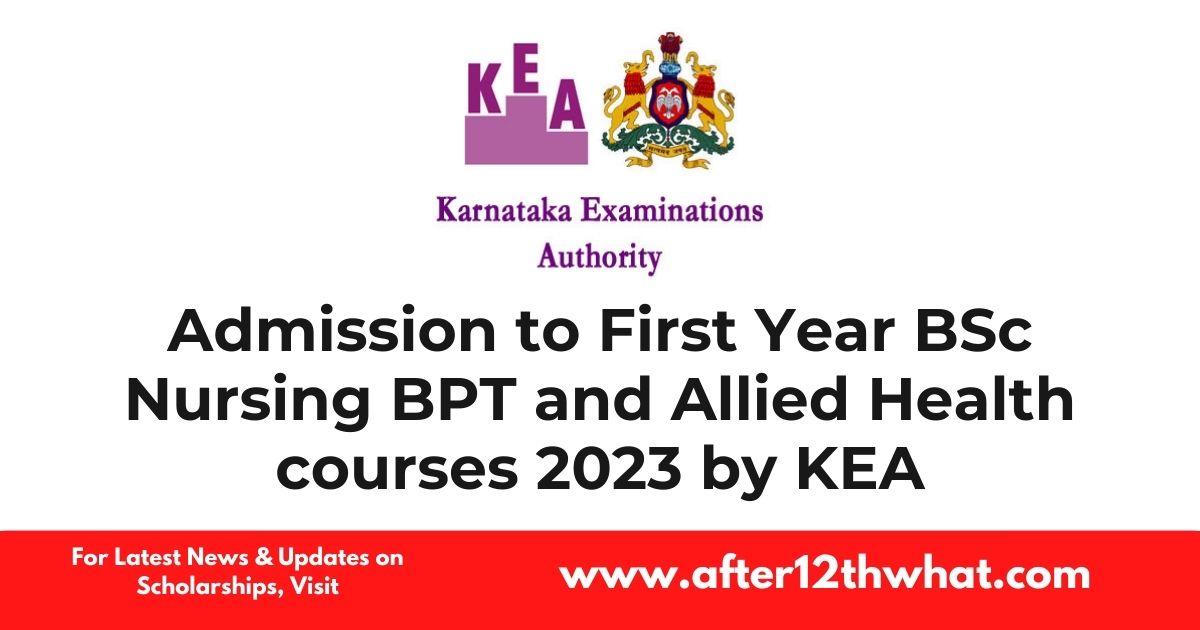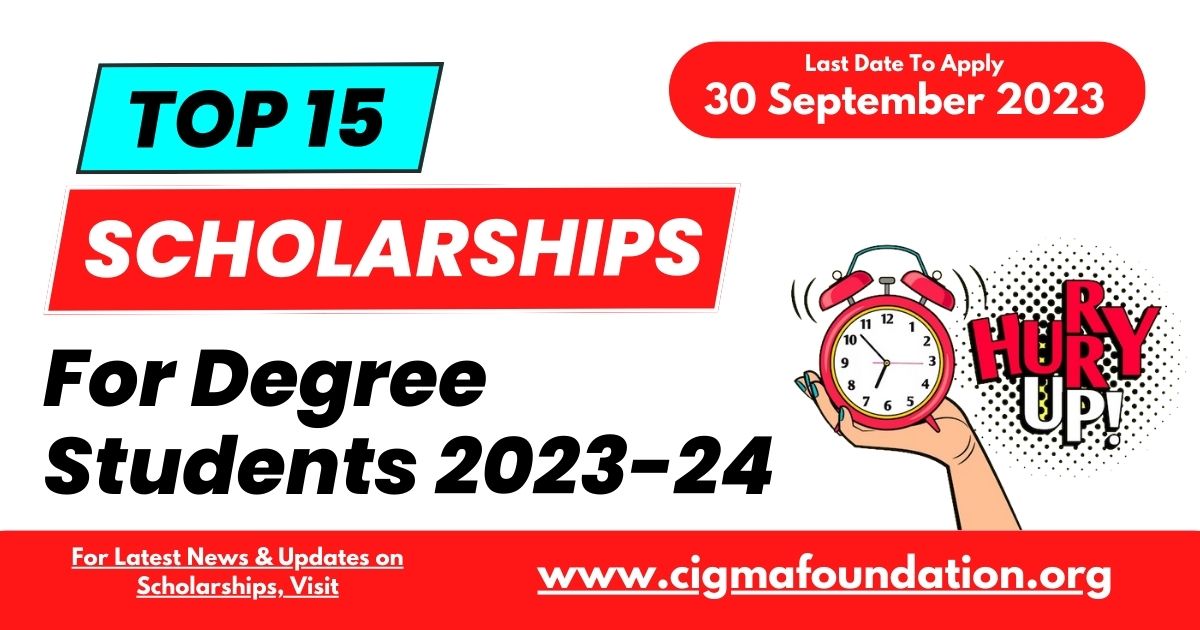Information technology (IT) / Information Science is a broad field of engineering and technology, that encompasses many careers, including computer programming, technical support and systems analysis. Information Science focuses on the study of utilizing computers and telecommunications in order to control, gather, store and circulate information. Information Technology includes both software and hardware sectors. The current era is often referred to as information technology age due to the importance and reputation of IT. Today’s world is almost completely dependent on this technology sector for life and various other aspects of it. Starting from railway inquiry to the social networking sites we use almost everything is dependent on the Information Technology sector.
Also check : Career in Computer Science Engineering
Information Science Eligibility:
To appear in any of the entrance examination of undergraduate engineering courses, it becomes compulsory that the student must have passed the higher secondary school certificate examinations with the subjects specialized in Physics, Chemistry & Maths. However some courses demand the need of Biology also which may or may not be considered. The percentage requirements are conditional and they vary according to the university or college sometimes even depending on the state which you apply.
Duration:
Generally, any Bachelor of Engineering in India will span a duration of 4 full academic years which will include 8 semesters i.e; 2 semesters each year at the end of which a university theory cum practical examination for the respective subjects will be conducted. At the end of the final year a final project becomes compulsory, internships and mini projects which are to be done by the student vary from one university to the other. As far as the studying of subjects are concerned, it depends on the syllabus of each university that how much main subjects it allots per semester but a minimum of five subjects is expected to be written as theory examination conducted at the end of every semester.
Admission Process:
Option 1:
Merit seats- admission through Common Entrance Test conducted by respective state examination board/ college / university.
Option 2 :
Payment seats offered by the respective Colleges/Universities.
The above are the options through which an engineering admission could be done, you will have to select the most appropriate college/university in which you want to get into and then obtain the college details, relevant contact phone number and visit the institution for further enquirers.
Fees:
Each university has its own fees structure though, we would like to present to you a generalized scenario. Private universities will cost you around 150,000 to 300,000 (1.5 to 3 lakh) rupees per student per year . Public university on an average will cost between 75,000 to 150,000 rupees per student per year. Living expenses will cost you depending on the location of the university like in cities, it will cost you more and your style of living. Generally, this expenditure may cost you around Rs.1 lac excluding your tuition fees.
Also check : Engineering in Aeronautical
Syllabus & Subjects Studied in Information Science .
- Java Programming and Website Design.
- Computer architecture and organization.
- Operating systems.
- Networking.
- Database systems.
- Electronics.
- E-Commerce & ERP.
- Multimedia Applications.
- Foundations of Computer Systems.
Sector / Industry:
Some of the top recruiters are.
- Wipro.
- HCL.
- TCS.
- Infosys.
- Accenture.
- CTS.
- Cisco.
- Oracle.
- Tech Mahindra.
- Mahindra Satyam.
- IBM.
- Adobe.
- Google.
- Microsoft.
- Accenture.
- Yahoo.
Salary:
According to Payscale, an Information Science Technology (IT) graduate is expected to earn around Rs 7.18 lakhs per annum. Experience strongly influences pay for this job.
Careers after completing this course:
- Programmers.
- PHP developer.
- Technical Consultant.
- Software Developer.
- Graphic Designer.
Courses after completing this course:
- Masters option is available for various specializations.
- Doctoral & Research options are also available.




